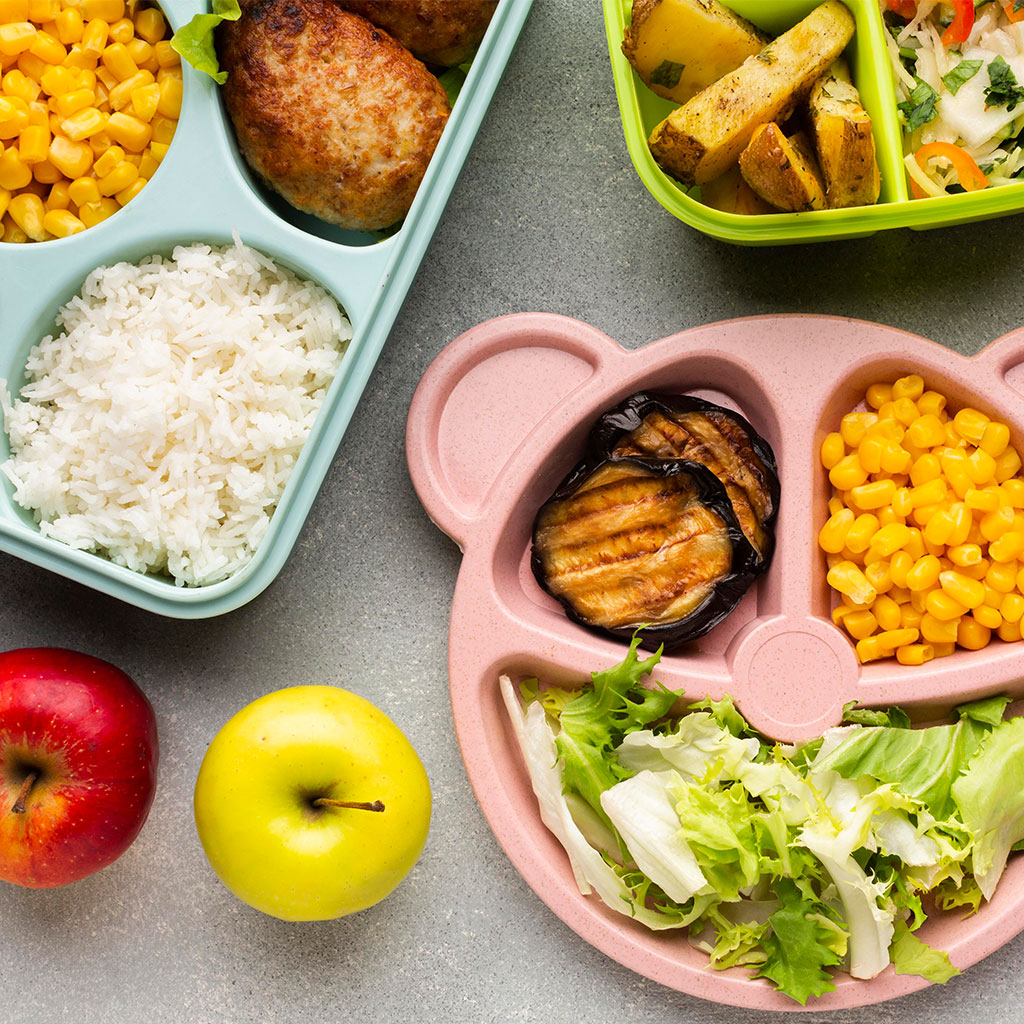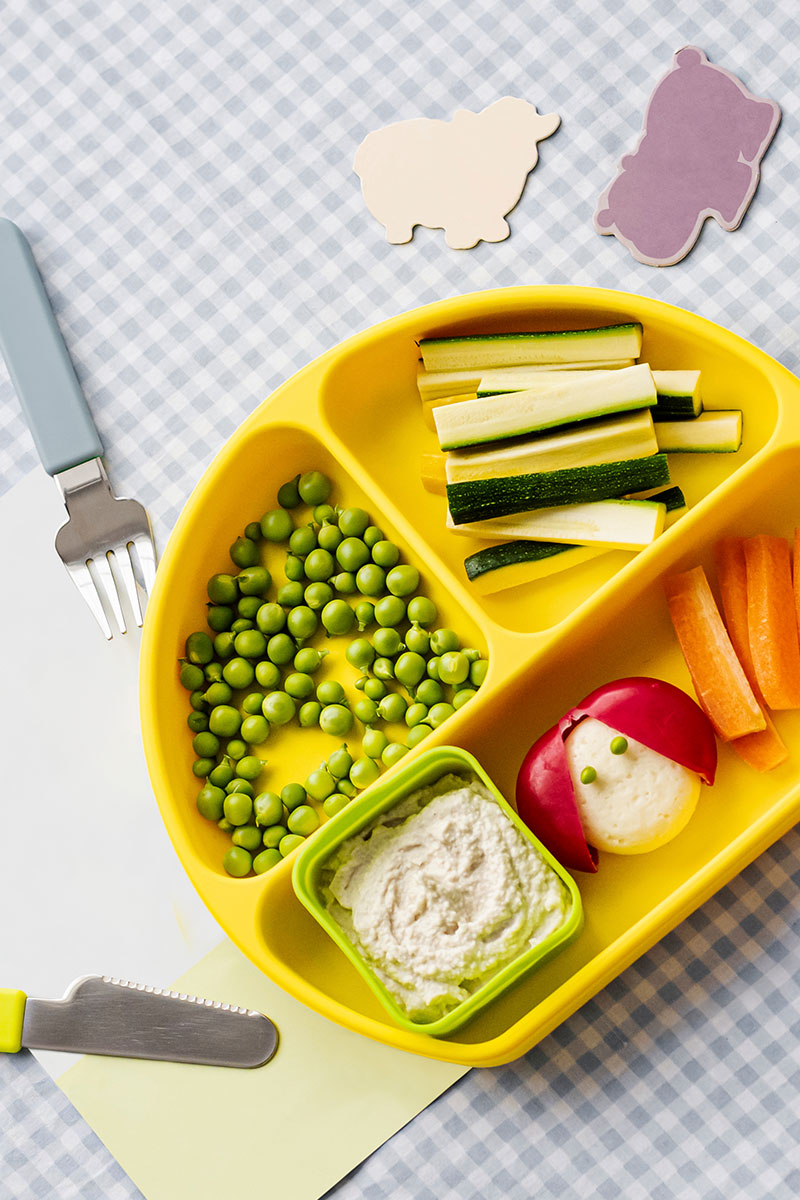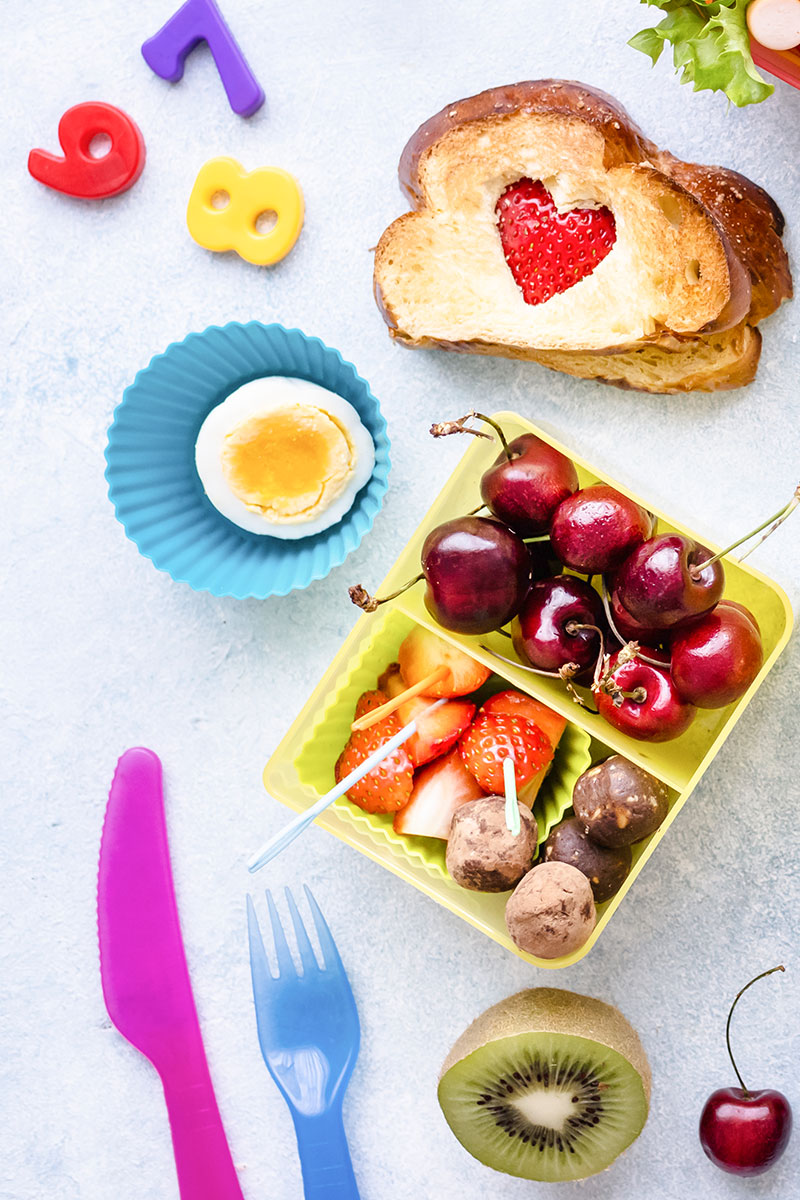Registration 2025-2026
Click for more information!
Click for more information!
Our Menus
İncir Ağacı Nutrition
We take pride in serving daily, freshly prepared meals at our school, carefully tailored for each child. Our menus, planned in monthly cycles, are designed to include all essential food groups in balanced proportions, with portions appropriate for the children’s ages. These menus are shared with you, our valued parents, at the beginning of each month.
Our menus include:
- Carbohydrates
- Colourful Vegetables
- Protein Sources
- Legumes
- Fresh Fruit
is included in a balanced manner. This allows children to discover different flavours and textures while also developing healthy eating habits.



Why is Nutrition Important?
Every bite children eat not only supports their rapidly developing bodies but also affects their concentration and mental abilities. Inadequate and unbalanced nutrition in early years can be linked to health problems such as heart disease, diabetes, obesity and high blood pressure in later life.
The relationship children develop with food directly influences the eating habits they adopt in later life. Therefore, teaching proper eating behaviours at a young age and establishing a positive connection with healthy foods is crucial.
Sugar and Salt Balance
Sugary drinks, biscuits and ready-made desserts contain high amounts of sugar and low-quality fats. Such foods can meet the energy needs of active children, provided they are not consumed in excess. However, constant and excessive consumption is one of the most significant factors increasing the risk of obesity.
We prepare our school menus with this awareness; even if a small dessert is offered on some days, we plan the menu so that it forms a balanced whole with the main meal of that day.
Nutrition
The Benefits of Good Nutrition
- Healthy weight management
- Oral and dental health
- Reduced risk of obesity
- Strengthening the immune system
- Balanced growth and development
- The development of positive eating habits
- Resistance to infections and diseases
- Mental health and general wellbeing
Our Menu Planning
Every meal served at our school is planned to be balanced and nutritious. Our daily menu includes all food groups in age-appropriate portions and recommended amounts. Our teachers are present with the children during meal times. If any child has an allergy to a particular food, the parent must inform the school administration. This information will be shared with all staff and the kitchen team.
Children's Nutritional Needs
Children, like adults, need vitamins, minerals, carbohydrates, protein and fat. However, the ratio of these requirements varies according to their age. For example, a low-fat, high-fibre diet is not suitable for children under the age of 2 in particular, as it may not provide sufficient energy, fat, iron and zinc.

Our Menus
What Should a Balanced Daily Diet Look Like?
Fruit and Vegetables
It is recommended that they consume at least 5 portions per day. The portion size varies depending on the child's age, height and activity level. A small child's palm-sized amount is generally equivalent to one portion.
Carbohydrates
Carbohydrates such as potatoes, bread, pasta, rice and grains should be included in every main meal. However, whole grain products may not be suitable for digestion in children under the age of 2. Excessive fibre can inhibit the absorption of important minerals such as iron and calcium.
Protein
Protein sources such as meat, fish and dried pulses are essential for growth, brain development and bone health. The amino acids found particularly in animal-based foods are vital for children.
Milk and Dairy Products
Products such as milk, yoghurt and cheese are sources of calcium and iodine, as well as vitamins A, D and B12. Alternative plant-based products such as soya may also be considered.
Oils and Oil Products
Fats such as butter, margarine, olive oil and fish oil are essential for children's development. They also support the absorption of vitamins A, D, E and K. However, fat consumption should be kept in balance and not excessive.

